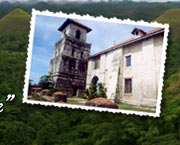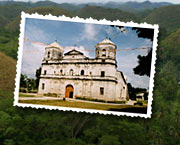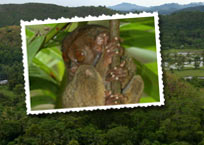Hiligaynon-English Dictionary
Search the complete text of Kaufmann's 1934 Visayan-English Dictionary.
Searching for night in all English words. 73 entries found; entries 41 to 50 are shown.
Madámù nga salámat to the dedicated volunteer proofreaders for making this on-line dictionary possible! Please help making more Philippine works (including dictionaries) available online by proofreading at Project Gutenberg Distributed Proofreaders in the US or Canada.
Instructions
Kaufmann's Visayan-English Dictionary is one of the best dictionaries ever written for the Hiligaynon language, which is spoken on the Island of Panay and in Negros Occidental. This dictionary of over 1000 pages was first published in 1934 in Iloilo, and is now extremely scarce.
To lookup a word in Hiligaynon, simply type it into the search box. If you are not sure about the spelling of the word, you can use a question mark (?) for a single unknown letter, or a star (*) for a sequence of letters. If you cannot find a word at first, try using stars before or after it.
The search ignores accents and automatically matches "u" with "o" and "i" with "e".
Please note that this database may still contain some errors. if you encounter an error, please notify us.
Please do no try to harvest all words in this dictionary with a robot. You will waste bandwidth, and won't get you the best available data. If you need the entire dictionary in one file, please ask the webmaster. Since the author, John Kaufmann, died in 1942, the dictionary is in the Public Domain in the Philippines.
We also have a printable PDF file, which is 4.5 megabytes, and fills 539 pages of A4 size paper.
Abbreviations Used
- (H) - Hiligáynon word; used almost exclusively in and around Iloilo.
- (B) - Hiniráya or Binukídnon; used almost exclusively in districts away from Iloilo.
- cf. - compare.
- contr. - contraction.
- Caus. - causative.
- Dim. - Diminutive.
- Freq. - Frequentive.
- e.g. - exempli gratia, for example.
- i.e. - id est, that is.
- etc. - et cetera, and the rest.
- id. - idem, the same.
- N.B. - Nota bene, note well.
- Sp. - Spanish.




